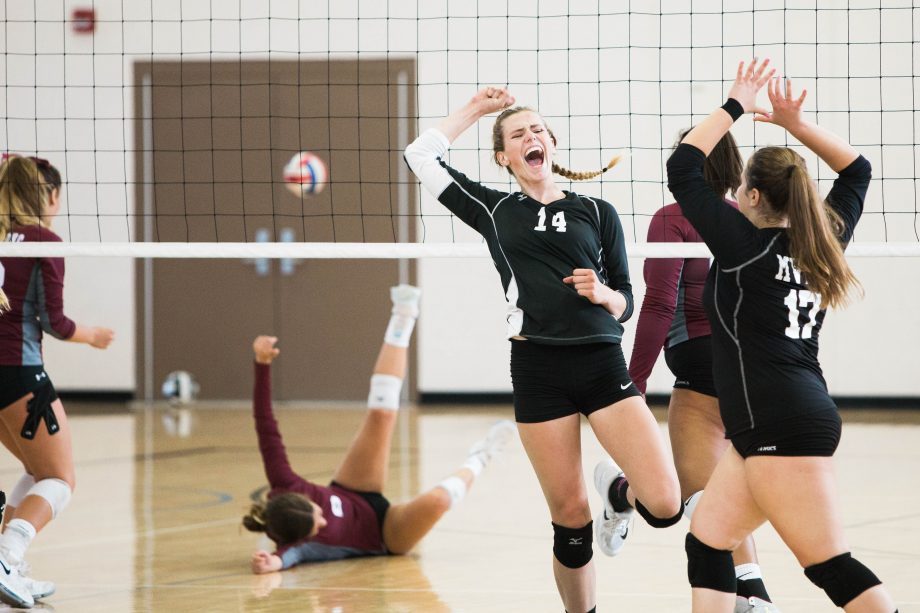If you didn’t read last weeks’ article, we introduced the three basic needs I consider essential to learn how to live with the “modern athlete”: need for understanding (the “Why’s”); need for realness (The Relationships) and lastly, the need for individualization (the “Me”). Today we will move to the second one, the need for realness and how much the modern athlete values pure relationships with everyone around them.
We have talked about this topic when we covered the process of building an identity. At the time, I mentioned something that can be related with “The Why’s” (from last week), but also very important to cover the need for realness: vulnerability. “They are used to question things, to not take orders “just because”, and for them, a leader does not only show respect by demanding or giving orders, but also by sharing an emotional value with everyone”. If you deal with younger athletes, you have faced situations where you need to understand what version of you, as a coach, they need for that specific moment: do they need the “nice” coach, the “harsh” coach, the “friend” coach, or any other version of our personality that might work the best at that time?
It might sound too simple, but the fact that you already thought about this means you care about your players, their feelings, and their needs. I think we have a lot to learn from older coaches and generations, but one thing that we realize today is how “cold” a lot of them were when interacting with their athletes. While preparing them to play/win/achieve their goals, emotions and relationships weren’t always considered as long as the message was received, and the goals were achieved. In today’s world, that approach won’t work with most athletes. We constantly hear that coaches need to “convince their players that their idea is the best”, but you can only do that if you understand what they need to see or feel in order to be convinced.
As coaches, we don’t necessarily want to be our players’ friends, but at the same time we don’t want to be a stranger to them. If they know they can trust you, if they feel heard and that the person leading them values each player for who they are, the “professional relationship” will only be stronger, and our jobs easier. These strong and specific relationships between coaches and players also lead to the need for individualization, but that’s our topic for next week.

